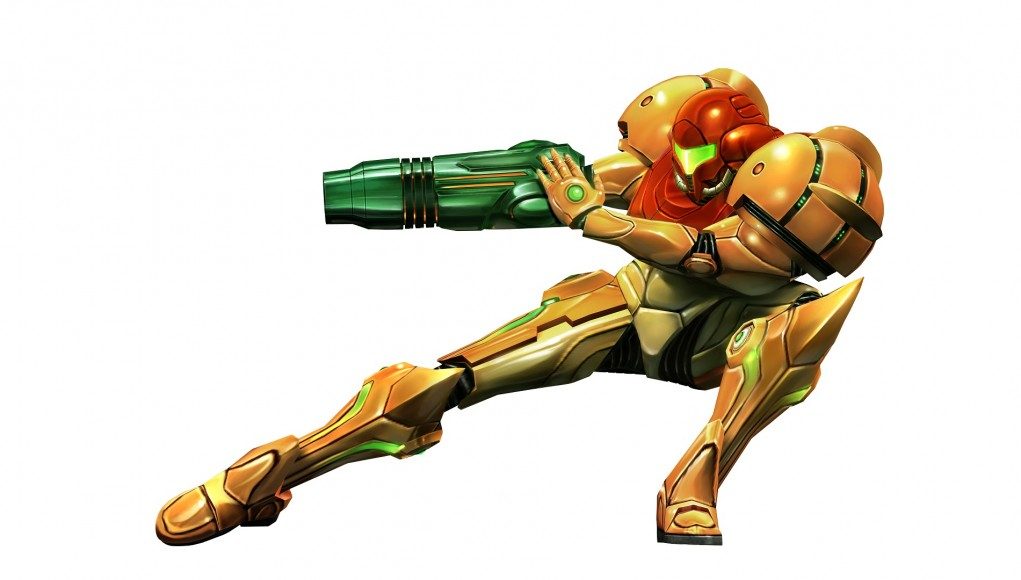The latest release of Dolphin VR, an impressive Nintendo Gamecube emulator that ads VR functionality to games, adds support for Oculus’ consumer headset the CV1 so now you can play Metroid Prime in VR, with head tracking and have it look better than ever.
We wrote very fondly some time ago about Dolphin VR, a version of an already impressive emulator that allows PC owners to play Nintendo Gamecube titles on Windows. Dolphin VR went even further by re-rendering certain games to add full head tracking support to titles which (obviously) never included any at all.
Version 5.0 of Dolphin VR has now been released and it adds Oculus SDK 1.3 support alongside HTC Vive SteamVR support, which of course means that those who have a consumer Rift or any edition of the Vive can now play their favourite titles (warning not all work with head tracking). This is an older playtest demonstrating those VR enhancements in action on the DK2. Metroid Prime in particular has always been a title which seemed perfect for VR (ignoring the locomotion issues with first person viewpoints of course) and it turns out it really was. Thanks to the incredibly enhancements Dolphin VR affords you, you’ll now be able to experience one of the best games ever made in the most immersive way possible. Vive owners can even enjoy Wii-mote emulation via motion controllers.
In order to play any title with Dolphin VR, you’ll first need a Gamecube disc image (we do not condone piracy here, you’ll need to own an original copy first) either by downloading or ripping yourself. Also, you’ll ideally needs a GameCube pad and converter, but a windows gamepad with sufficient analogue sticks (an Xbox 360 / One controller works fine).
Here are some essential instructions and notes the author included which we’d advise you read carefully before diving in:
- In Oculus Home, you need to go to the Oculus window and click on the Cog, Settings, General, and allow unknown applications.
- In the VR settings you should probably turn off Avatar > Show Controllers because that is currently only implemented for the Vive (and only in D3D11).
- In the Graphics settings you should choose either the D3D11 or OpenGL backend, and set the internal resolution to something like 3x or 2x.
- In the Controller settings you should choose emulated remote and configure, then load one of the included profiles starting with “Xbox” (or “Remote” if you’re really desperate to use the Oculus remote).
- In Options > Hotkey Settings, you should probably load “Xbox GameCube Complete” or “Keyboard Default”.
- You should rip your GameCube and Wii discs and wads to an external hard disk using your Wii (look for instruction on the internet). They should usually be .iso, .gcm, .gcz, .wbfs, or .wad. Put them in a folder and go into the Config settings, Paths tab to add that path.
- You should enable cheats.
- Before starting a new game, right click that game in the game list, and choose properties. Go to the Hide Objects tab and check the glitchy objects you want to hide for VR. Go to the AR Codes tab, and check the Disable Culling codes to force the game to draw things you can’t normally see.
- Then you can choose your game, click play, and put on the HMD. It should be in VR.
- There are still lots of bugs and issues. Most games only partly work.
- If you are inside a game but it looks like a 2D 360 image, then the UnitsPerMetre VR setting is wrong and you need to set it to a larger number (try 100).
If you run into trouble, head over to the dedicated forum thread.







